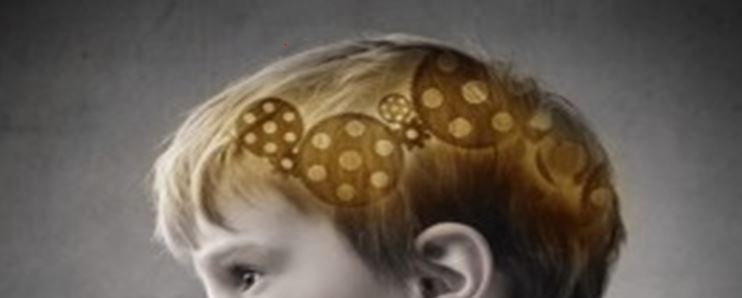
Image via Wikimedia commons
What is a Preschool?
A Preschool is the first stepping milestone outside home for the children; it provides early education and care from 2-3 years to six year old children. Preschool is known by many different names in different countries like prep, nursery school, kindergarten or play school.
It is a starting point for your child to socialize with other kids giving them exposure to learn oral language, enhancing eye-hand coordination and building those initial blocks of physical, social, cognitive and emotional skills. It’s a place that prepares your child for their primary education.
A preschool provides the basic essential skills that are necessary in getting or maintaining a job in adult life like socializing with peers, managing stress, solving problems independently etc. Many studies and research from renowned universities around the world like University of London, University of Maine’s -“Children and Brain Development: What we Know about How Children Learn” have supported and revealed the importance of brain development in preschool aged children. It was evident from the study that at age 28, adults who received preschool education had significantly higher job esteem, earnings and socioeconomic status. You, as parents may get confused with such explanation but it’s simple as building blocks, if the foundation of your child is right and strong, you can build a strong multi-layered structure on it .
Advantages of a Preschool
Learning: The more your child plays and explores, the more they learn. A preschool gives a lot of opportunities to your child to learn and experiment. Sand pit plays, water plays, shadow learning, puppet shows, storytelling, rhyme singing, nature walk or just free play with other kids will make your child learn a lot of things.
Creating: Preschool teachers are trained and know lots of arts and crafts to keep those little minds busy and exploring things. We usually avoid giving our kids water colors, clay etc at home as we fear rooms and things getting spoilt and dirty or because of lots of cleaning required after the play which is not a case in a preschool.
Fun with friends: At preschool your little one will have a variety of stuff toys, books, materials, games and other playthings to play and have fun with their friends.
Trained Teachers: Preschool teachers are trained in specific areas of child development. They know what your child needs at this age to channelize their energies in positive and creative way. With such expert guidance, you and your child are bound to learn lots of things.
Language Development: Many a time’s parents say, “My child cannot even speak properly, so how will he/she cope in the school”. The fact is when children are among their age group friends, they tend to engage in frequent conversations. These daily interactions promote vocabulary development and conversational skills. Through regular activities of reading, singing, playing, etc children develop the fundamentals of language skills.
Preparation for pre-primary education: A good preschool curriculum teaches the basics of pre-literacy skills to a child, like number recognition, counting, letters of the alphabets, matching, and sequencing. It inculcates the classroom behavior, interaction with adults other than parents, building a child’s independence, thus preparing your little ones for their primary education.
Pre-schooling Boosts the Brain Development
It’s true that effective, well planned and early care and education can positively supplement parent’s efforts and have a lot of positive impact on a child’s growth and development. For example, in a preschool:
Morning greeting, prayer time, snack time: These are kind of early interactions that help your child make new connections with adults as well as their peers.
Finger Play, Story Time, And Rhyme Singing: These activities help your child understand different emotions involved in a speech. Variations and repetitions is a very crucial step in the brain development of your child. A child’s brain responds to the variations in voice and keeps them involved in order to learn new things. Also, young children usually need repetitions and real interactions to learn and to ensure the overall understanding about a person or an object.
Circle Time: This is where a teacher focuses her attention on an individual child and each child needs to think about a topic to interact with their friends and teachers like their pet or playground or toy or any normal chit chat of house or friends. This activity not only helps your child retrieve something special from their memory that they liked/disliked/learned but also helps them to communicate and develop their language skills.
Parents Tips
No doubt, each day in a preschool benefits a child manifold and teach them a lot of new things. Remember, these early learning experiences can enhance the development of a young brain and have a lot of positive impact in your child’s growth as well as their behavior.